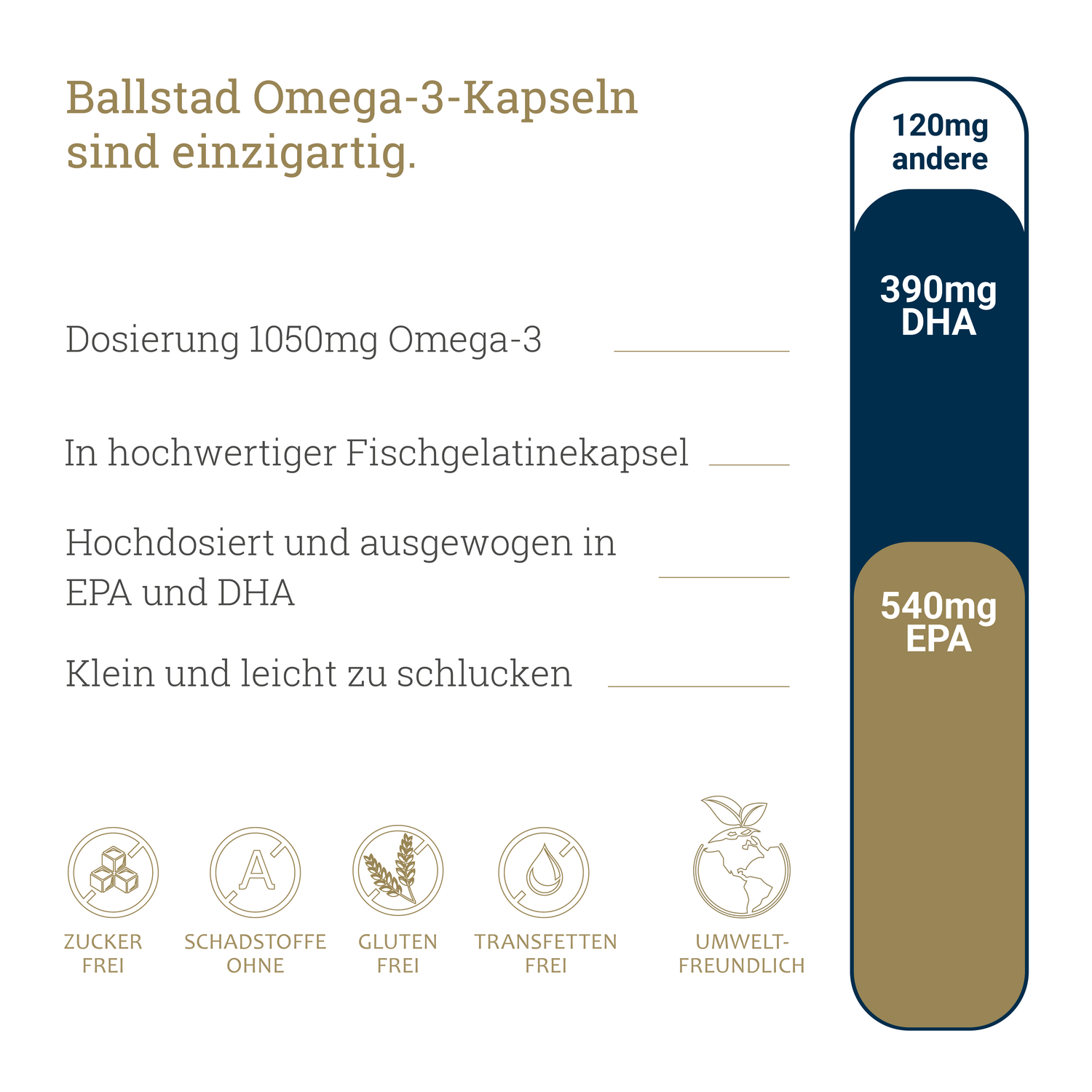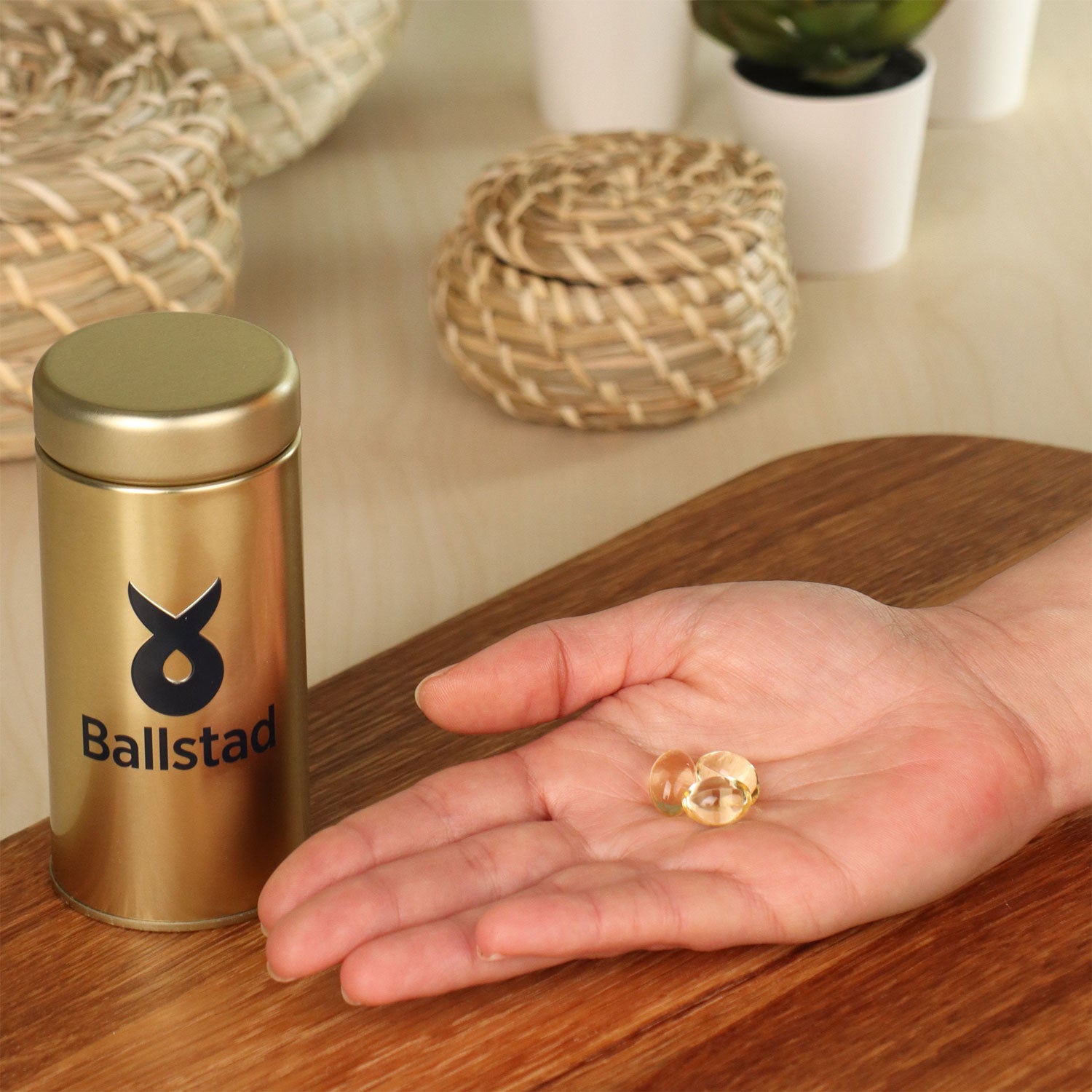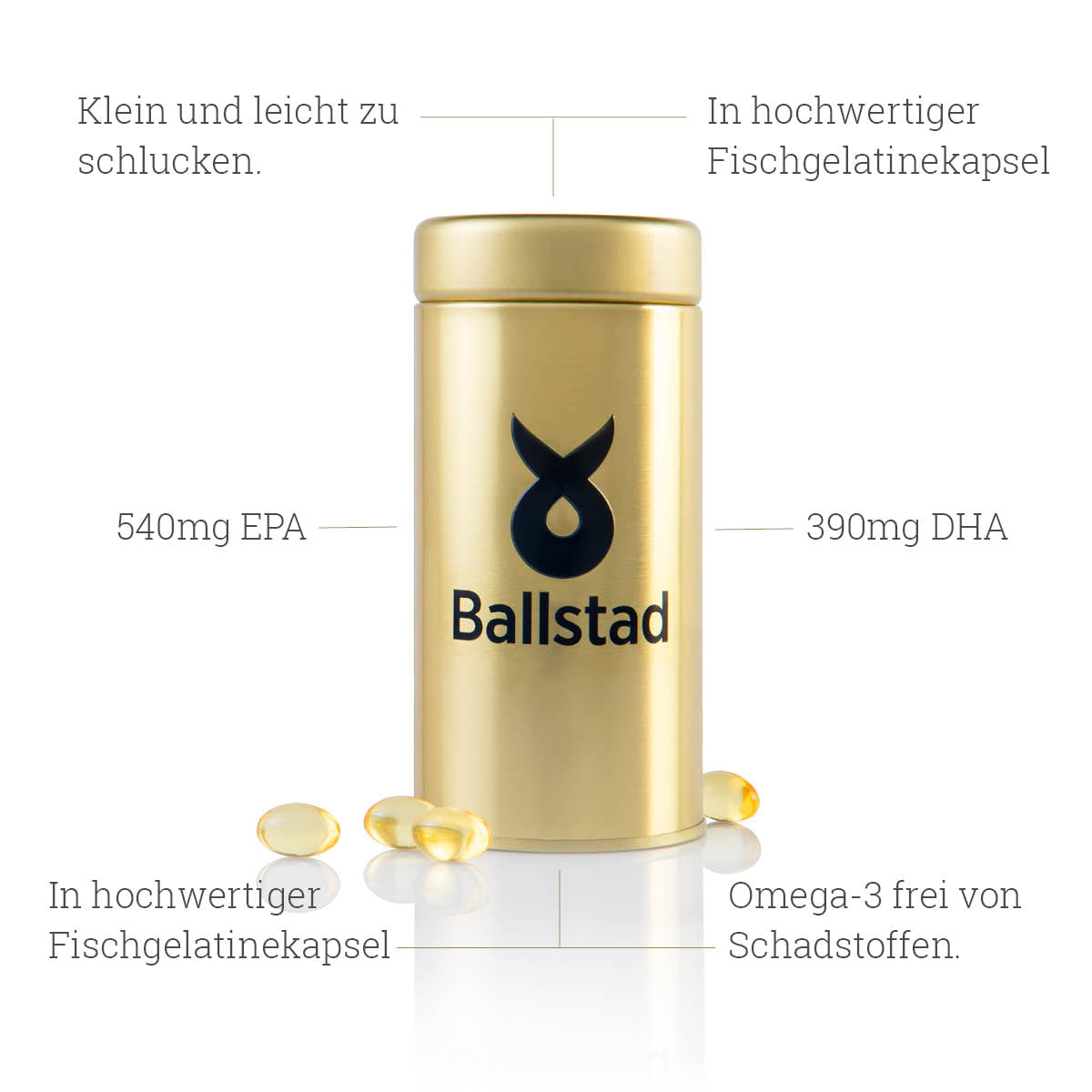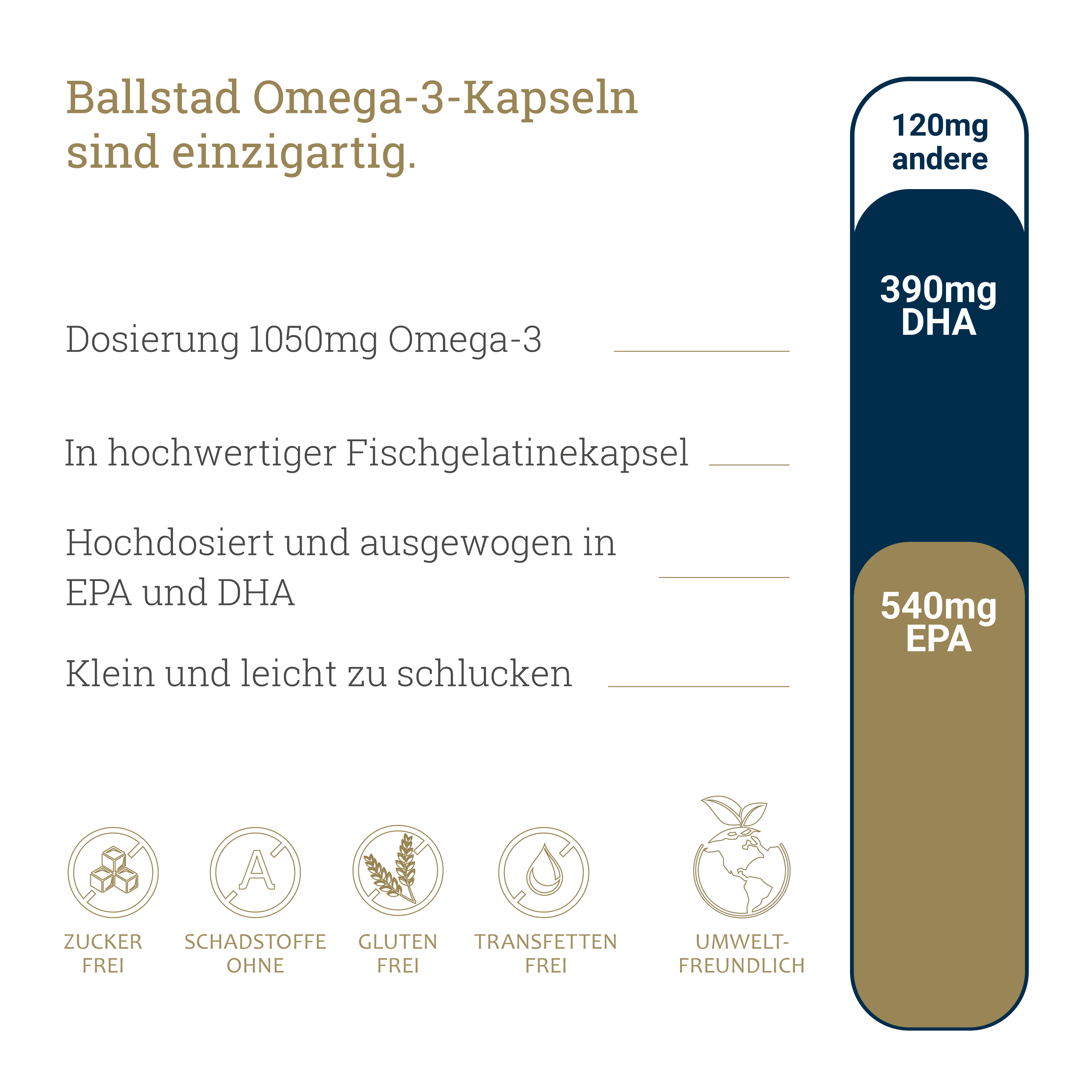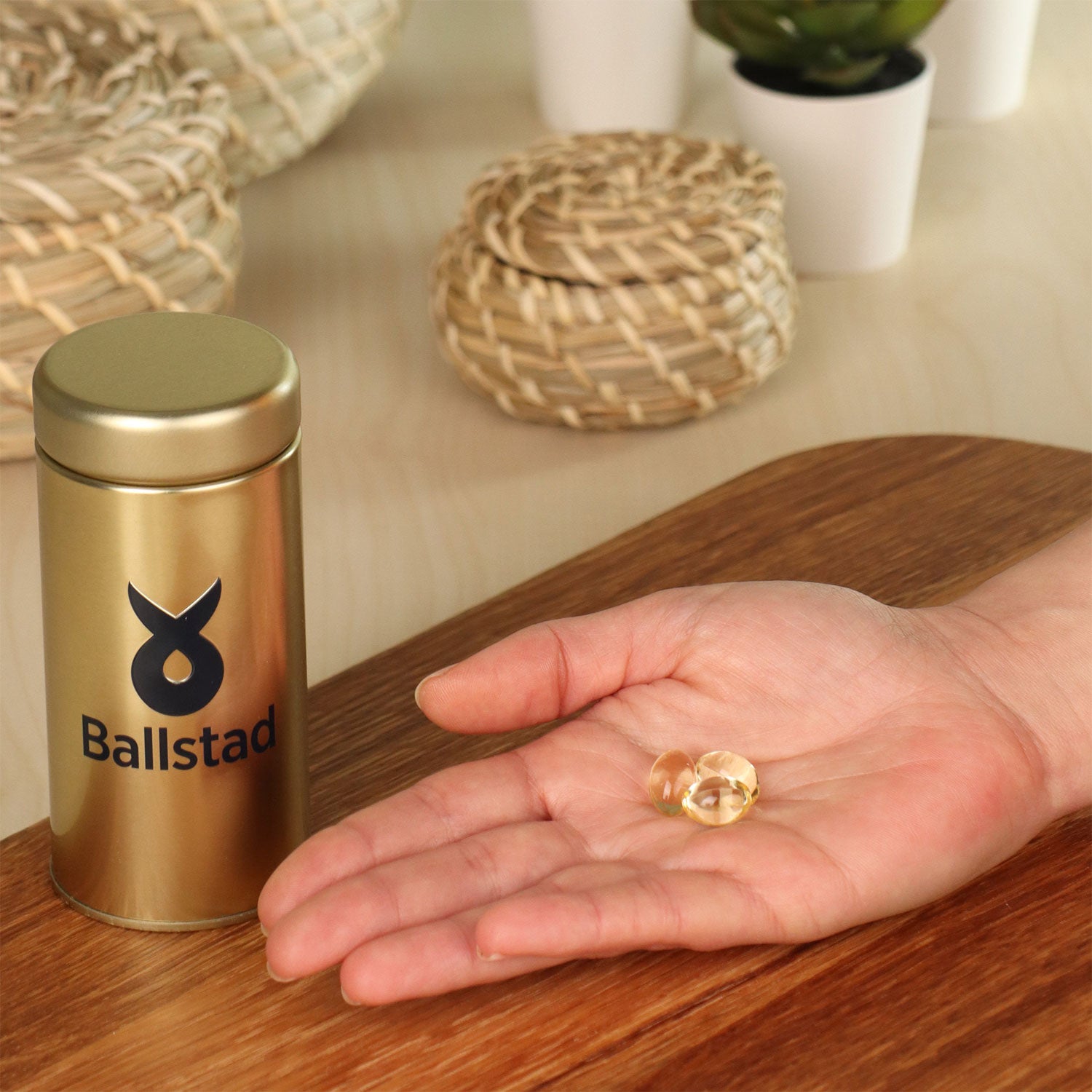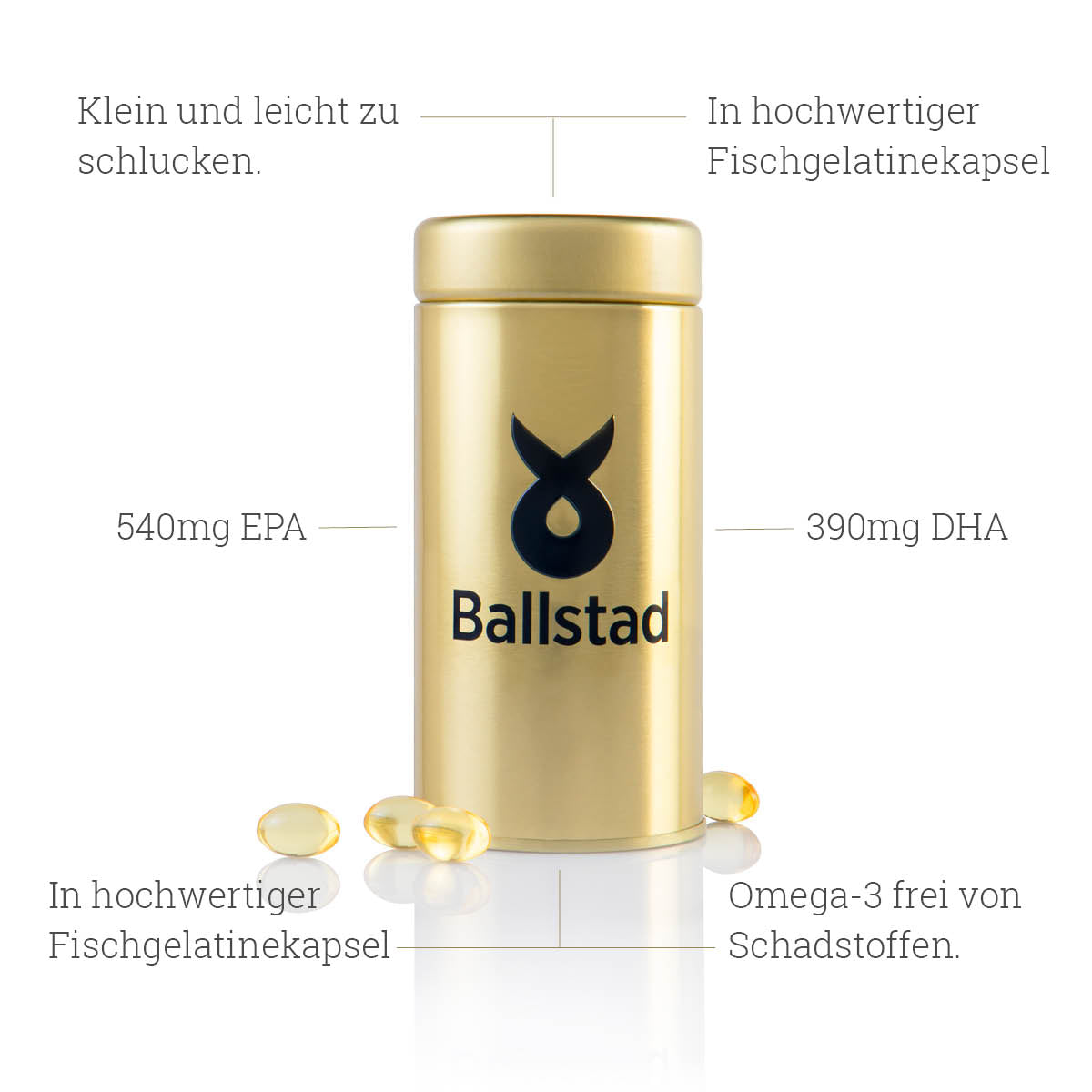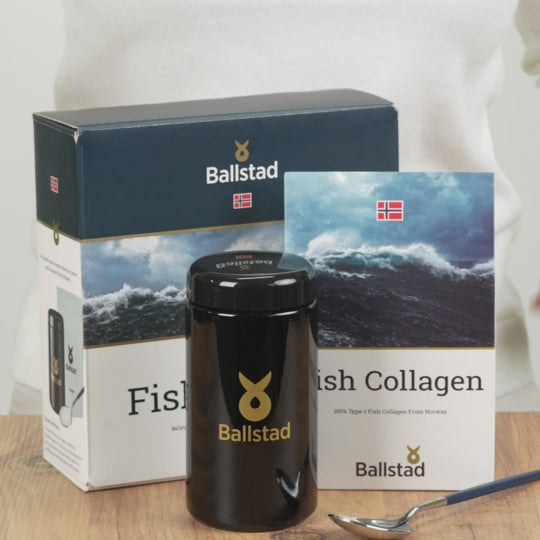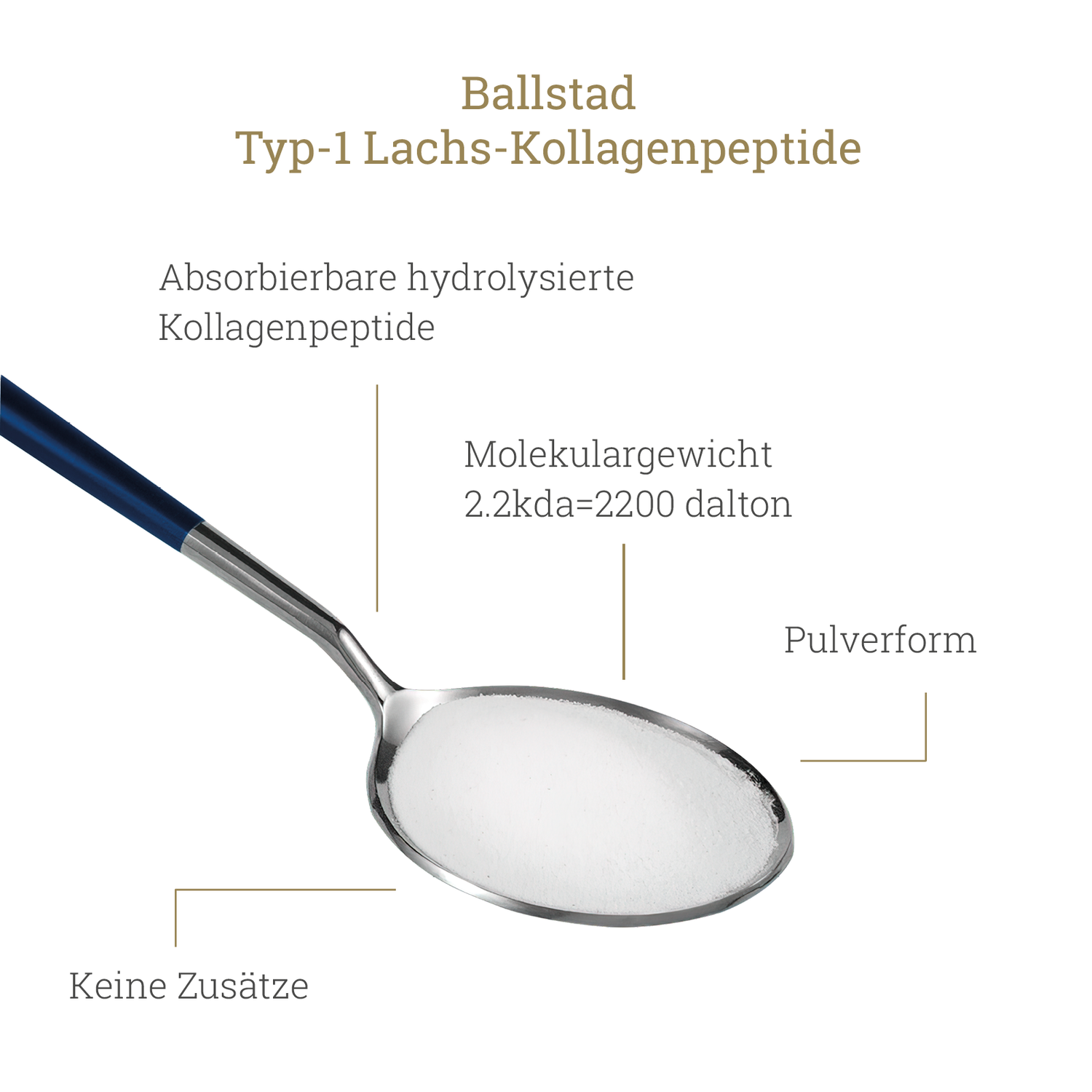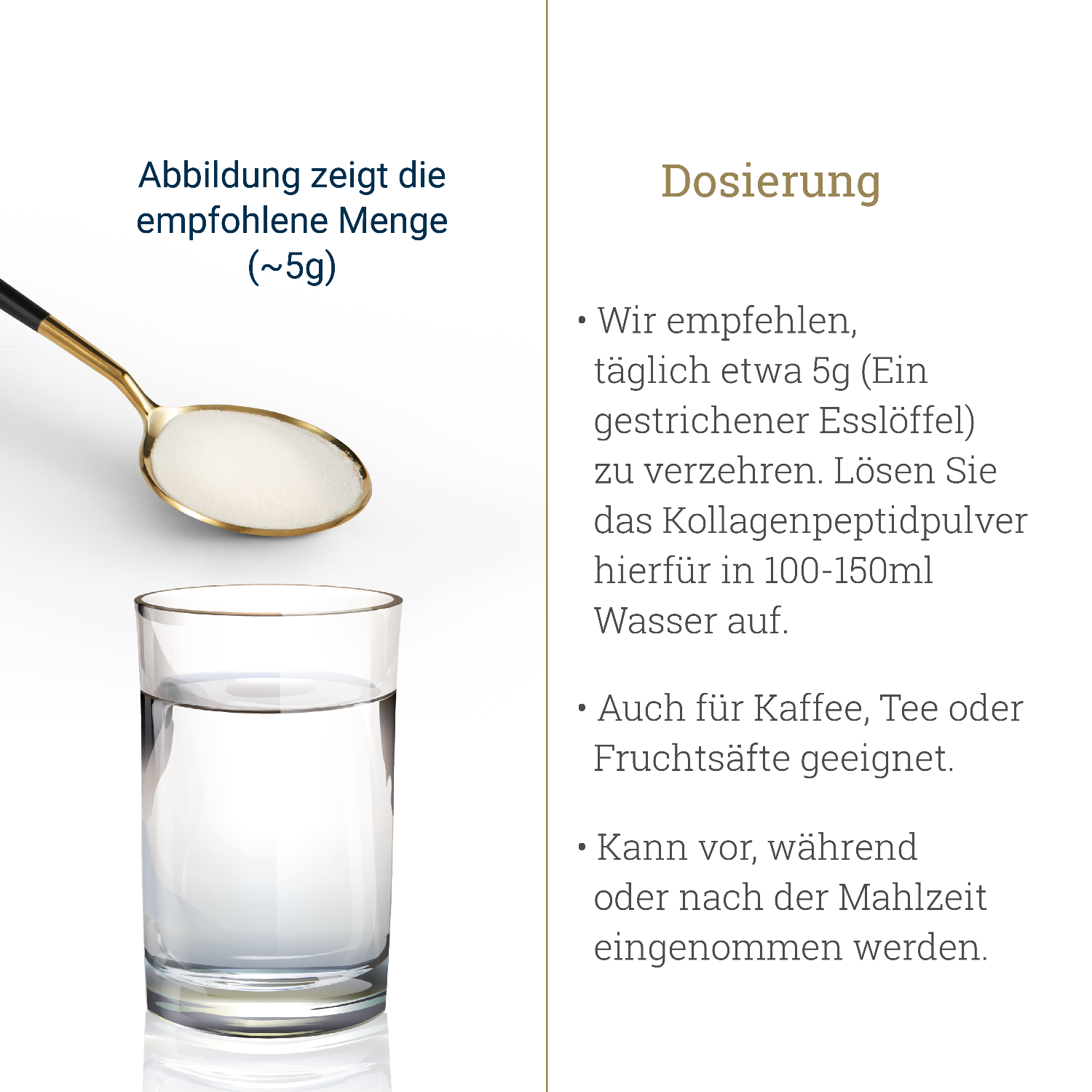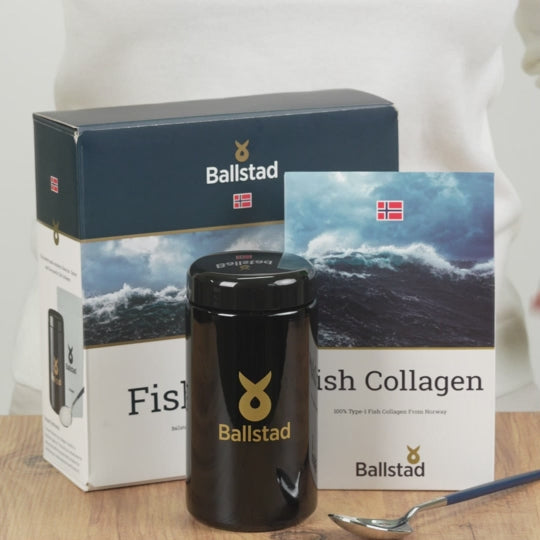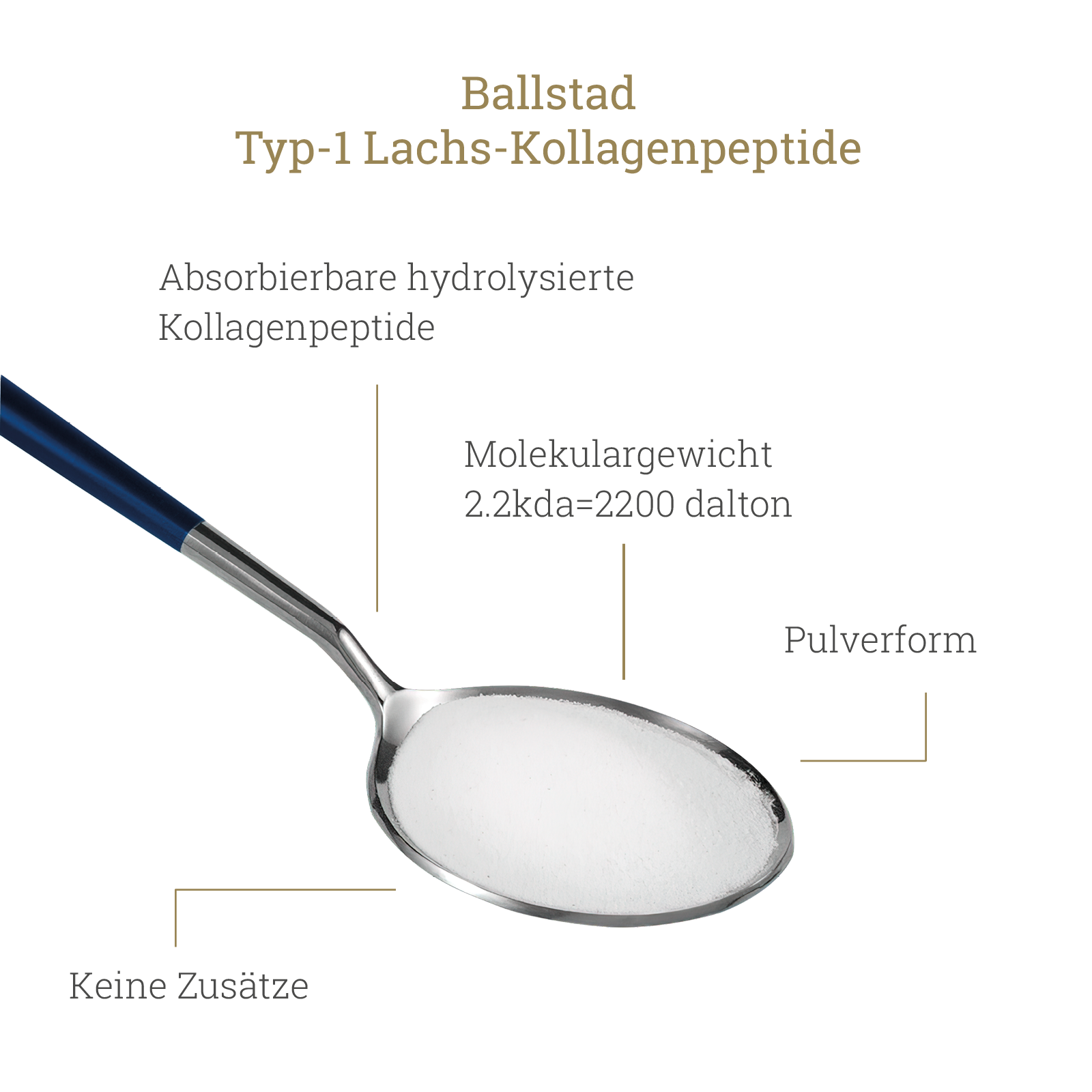A healthy lifestyle includes not only a balanced diet, regular exercise and stress management – restful sleep is also crucial for our well-being.
Why good sleep is so important
A quality night's sleep not only contributes significantly to physical and mental health, but also improves our quality of life. During sleep, our bodies undergo regeneration and repair processes. Without sufficient sleep, even a healthy diet and exercise cannot fully develop their positive effects.
But in the modern world, it's not always easy to get a good night's sleep on a regular basis. Many people suffer from sleep deprivation, poor sleep quality, or insufficient recovery. Therefore, in this article, I would like to show you how you can improve your sleep quality – including through targeted food choices.
How much sleep do we need?
Sleep needs change throughout life and also depend on health status, stress levels, and daily activity. During periods of stress or illness, the body requires even more sleep. Health experts generally recommend about 8 hours of sleep per night for adults. Sleep deprivation can contribute to various health problems.
The effects of sleep deprivation
For example, lack of sleep can increase insulin and cortisol levels—two hormones that can promote fat accumulation, especially in the abdominal area. Hunger can also increase because sleep deprivation disrupts the balance between the hormones ghrelin and leptin. This often leads to increased appetite, especially for foods high in sugar and carbohydrates. One study showed that after just two nights of sleep deprivation, food cravings can increase by 23%. Sleep deprivation is therefore associated with weight gain and an increased risk of disease.
What role does nutrition play?
Research shows that our evening diet affects the quality of our sleep. Late and heavy meals can lead to difficulty falling asleep and staying asleep, as well as a lack of concentration. People who suffer from sleep problems should avoid eating at least one to two hours before bedtime. Not only the type of food, but also the timing and portion size are important.
Which foods can promote sleep?
It's recommended to eat light, sleep-promoting foods in the evening. A classic is warm milk—it's a natural source of tryptophan, an amino acid involved in the production of serotonin and melatonin. Oatmeal and strawberries can also contribute to sleep quality.
Fatty fish such as salmon or mackerel contain valuable omega-3 fatty acids and vitamin D. According to scientific studies, both nutrients can shorten the time it takes to fall asleep and improve sleep quality.
Conclusion: Sleep as the key to a better life
A disrupted sleep-wake rhythm impairs the immune system and metabolism. A healthy sleep routine is therefore essential for our inner balance. Support your body with a balanced diet containing sleep-promoting foods – for more energy, concentration, and zest for life in everyday life.
Because: better sleep means a better you.
—
Dyt. Buse Altınay
Nutritionist at Ballstad






